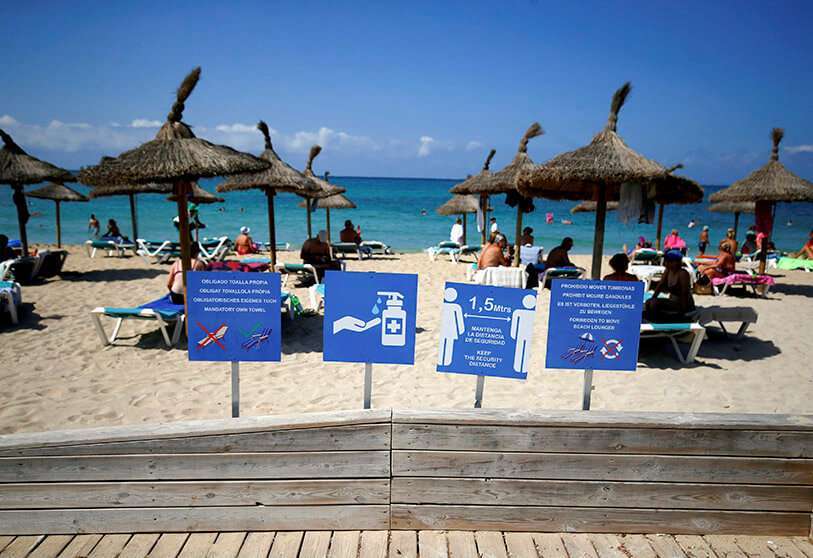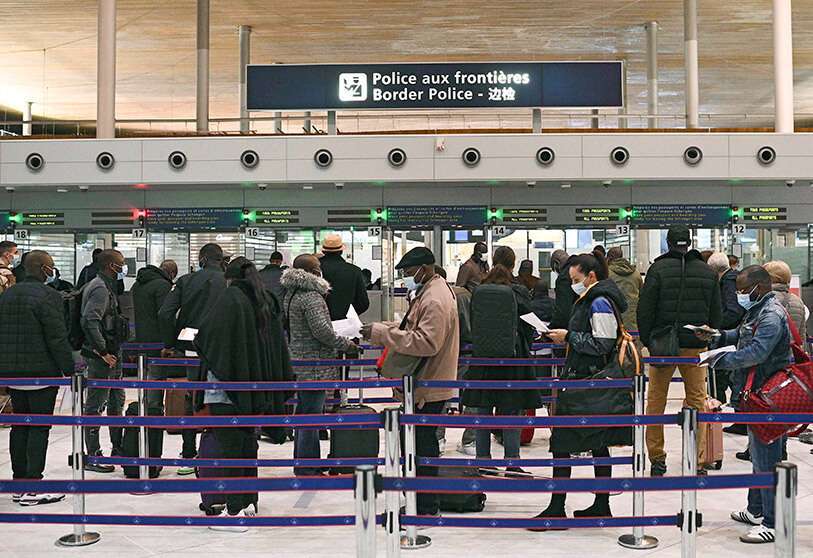The arrival of the COVID passport in the EU, another step on the road back to normality

The return to the life we had before and which is now called "old normality" is getting closer and closer. One of the fundamental steps was the arrival of the vaccine, its distribution and, the step we are still in, its inoculation. Now, the European Union is launching a new project that will allow further progress in the tedious and long process of recovery that has been going on for more than a year now. From Thursday 1 July, the COVID passport will be a reality in the 27 countries that make up the EU, allowing their citizens to travel around Europe on presentation of their certificate.
This COVID passport can be carried on a mobile phone or in paper format and consists of a QR code. This document certifies whether the person carrying it has been fully vaccinated, has antibodies after having passed the disease, or has had a negative PCR test within the last 72 hours. It is also important to make clear that, despite being free and universal, this document will not be compulsory for those who do not wish to obtain it. However, those who do not have it will still have to present their negative tests and fill in lengthy forms at the entrance of each country, depending on the measures taken by each country independently.

Travellers who have received the COVID vaccine will have to wait at least 14 days after the second dose was given. At the moment, only 4 vaccines are authorised by the European Medicines Agency (EMA) and are therefore applicable to this certificate; Pfizer-BioNTech, Moderna, Jannsen and AstraZeneca.
For those who are able to travel within Europe because they have passed the disease, they must present their COVID passport which must show a positive test result for the last 6 months. Once this time has elapsed, it is considered that there is no evidence that you have antibodies in your body and therefore the test will no longer be valid for crossing the borders of European countries. However, those who have passed the disease will obtain their COVID passport having received only one of the doses, without the need to complete the regimen, a method currently applied in Spain for people who have passed the virus.

If none of the above requirements are met, those who wish to travel must take a PCR test no more than 72 hours in advance, the results of which appear automatically in their COVID passport. In addition, children under 6 years of age are exempt from any virus testing and vaccination, at least for the time being.
Although this passport will come into force in all EU countries on 1 July, it has been possible to obtain this certificate in Spain since 7 June. This can be done through the Ministry of Health website using two options: Permanent Cl@ve or digital certificate. Thanks to this portal you can request the certificate if you have received the vaccine against COVID-19 in Spain or if you have passed the disease and you can document it with a PCR with a positive result more than 11 days ago.

The objective of the European Union in launching this project is none other than to reactivate the economy as soon as possible. For this reason, the COVID passport has always had the goal of being available for the summer, promoting tourism, which the 27 EU countries aim to recover after last year's figures. Spain's goal is to get 14 to 16 million international tourists, that is, approximately 40% of those who came in 2019, but double the number who arrived last year during the pandemic.










